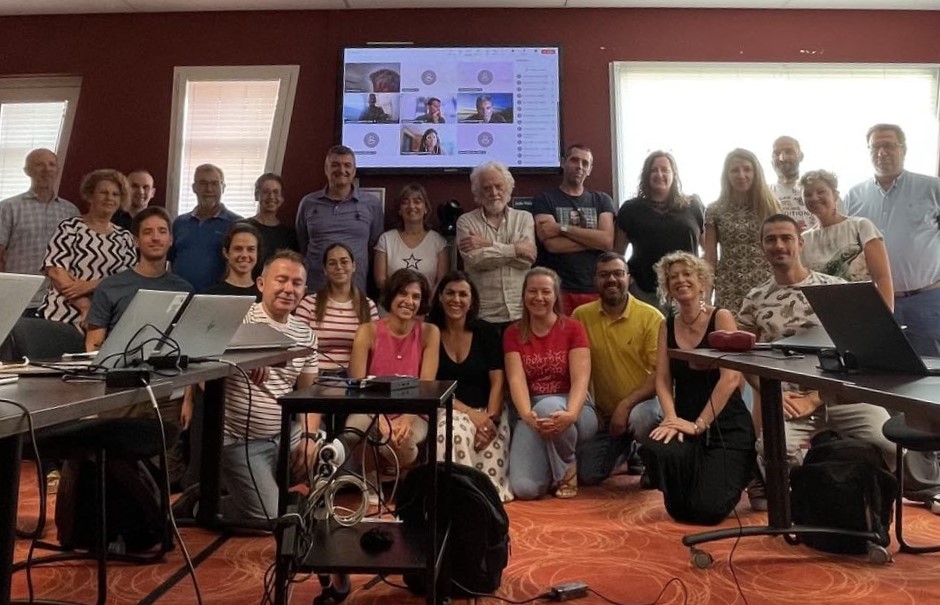
objectives
What is the role of the RCGs?
The Regional Coordination Groups are the main hub for regional coordination and cooperation within the different regions contributing to the fisheries Data Collection Framework. They also make efforts to coordinate their actions with third countries having sovereignty or jurisdiction over waters in the same marine region.
In accordance to the Regulation (EC) 2017/1004, RCGs should aim at developing and implementing procedures, methods, quality assurance and quality control for collecting and processing data with a view to enabling reliability of scientific advice to be further improved.
RCGs consist of experts appointed by Member States, including MS’ national correspondents for data collection, and the Commission.
structure
How are RCGs organized?
To carry out their duties, the RCG may agree to establish permanent or temporary bodies, task groups, subgroups or other arrangements.
RCGs have established intersessional sub-groups (ISSGs), which work year around in common topics, such as data quality, dialogue between data providers and end-users, diadromous fish, regional overviews of fisheries, etc, but also on region specific priorities as agreed at RCG level.
To perform their duties, the RCGs shall hold one meeting annually unless agreed otherwise by the RCG. An annual meeting shall consist of plenary sessions and may include work in subgroups. Additional meetings can be held if agreed during the annual meeting.

How many RCGs are there?
Currently, six Regional Coordination Groups are operating in the data collection framework:
RCG NANSEA
Regional Coordination Group for North Atlantic, North Sea & Eastern Arctic, merging of RCG North Atlantic and RCG North Sea and Eastern Arctic.
RCG Baltic
Regional Coordination Group for the Baltic.
RCG Med&BS
Regional Coordination Group for Mediterranean and Black Sea.
European Commission
The European Commission (EC) supervises the implementation and functioning of the Data Collection Framework (DCF) for the collection, management and use of data in the fisheries sector. The DCF supports the scientific advice for the common fisheries policy (CFP).
The EC sets out multiannual programmes for the data collection, approves Member States’ (MS) national work plans, and assesses the annual reports. The work plans and annual reports are first evaluated by the Scientific, Technical and Economic Committee for Fisheries (STECF). The Commission also assesses the quality and reliability of MS’ data transmission.
The EC supports the data collection through co-funding MS operational programmes from structural funds, and through projects coordinated directly by the EC, such as grants for strengthening regional coordination or for developing and maintaining databases.
The EC supports the MS and the regional coordination groups (RCGs) in implementing the data-collection obligations. As a member of RCGs, the EC participates through expert advice and facilitates the communication among the different stakeholders and end users.
Latest News
Find out all the latest news on fisheries Data Collection Framework.



